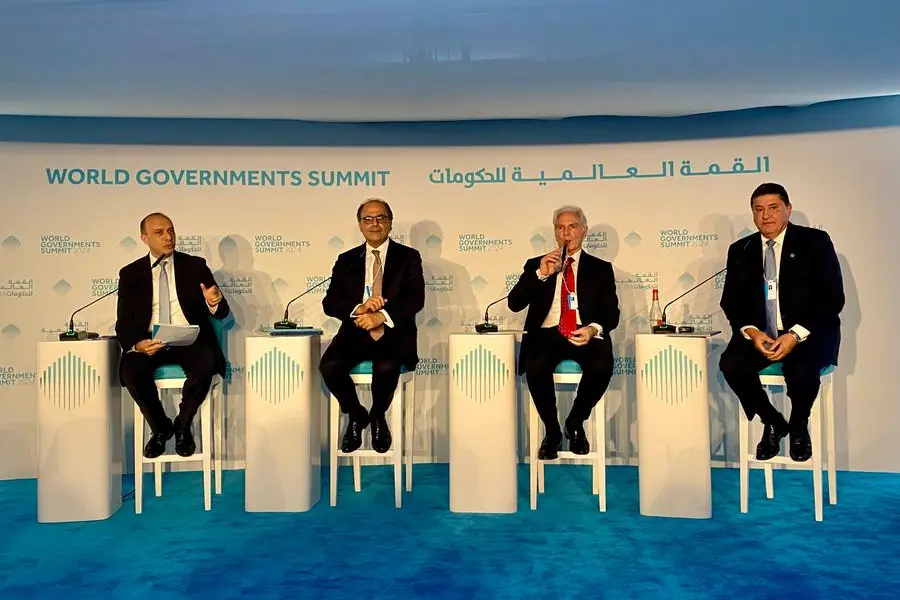PHOTO
UAE and Bahrain took the lead in the GCC on the Global Economic Diversification Index (EDI) for 2024, largely attributed to reforms implemented post-pandemic, including trade liberalisation, investments in technology and regulatory improvements.
The findings were based on the latest EDI report released by the Mohammed Bin Rashid School of Government (MBRSG) at the ongoing World Governments Summit (WGS) in Dubai. The EDI often serves as a comprehensive policy tool, aiding governments in understanding and implementing successful diversification plans.
The UAE achieved the highest EDI scores compared to the rest of the GCC, at 95.7 in 2022, compared to 90.9 in 2020.
Bahrain was a close second, scoring 93.7 in 2022, compared to 92.7 in 2020.
According to the EDI report, Saudi Arabia and Oman have achieved the fastest pace of acceleration, gaining more than10 points between 2020 and 2022, compared to their score in 2000, indicative of how the government of each country is heavily adapting diversification plans to grow its economy.
The kingdom’s EDI score jumped to 90.5 in 2022, compared to 82.8 in 2020, followed by Oman, which showed the second highest jump in the region, from 80.9 in 2020 to 87.7 in 2022.
Qatar edged ahead of Oman, scoring 88.7 in 2022, while Kuwait came in at 86.2.
“Plans to broaden tax bases, trade liberalisation through trade agreements and facilitating rights of establishment and labour mobility are key indicators of how the GCC has been improving its EDI scores in recent years,” said Fadi Saleh, Director of Policy Research at MBRSG.
While the GCC has been making strides in EDI, the wider Middle East and North Africa region also saw a significant reduction in its representation among the bottom 20 ranks, decreasing to 10% in 2022 from 25% in 2000.
The MENA region’s EDI score jumped to 98.4 in 2022, from 93.1 in early 2000.
Growth lacks in MENA
Nasser Saidi, Founder and President of Nasser Saidi & Associates, an economic consultancy and advisory, still pointed out that the MENA growth has lacked in several sectors.
“We [The MENA region] have not grown as fast in terms of services, increasingly digital services. There is a digital divide between the less and more developed countries, even in GCC,” Saidi noted. “Education is key here. Investments in the banking sectors, health services and Fintech development is not enough. You must educate your people, and make heavy investments in the digital economy, especially to improve services. There is an enormous opportunity here.”
According to the report, the United States, China, and Germany maintained their positions as the top three diversified economies, spots the countries have claimed over the past decade.
Western European nations accounted for almost two-thirds of the top 20 highly ranked nations.
The report further stated, “high-income nations dominated the top 30 diversified economies, with notable inclusions of upper-middle-income countries such as China, Mexico, Thailand, and the lower-middle-income country, India”.
(Reporting by Bindu Rai, editing by Seban Scaria)





















